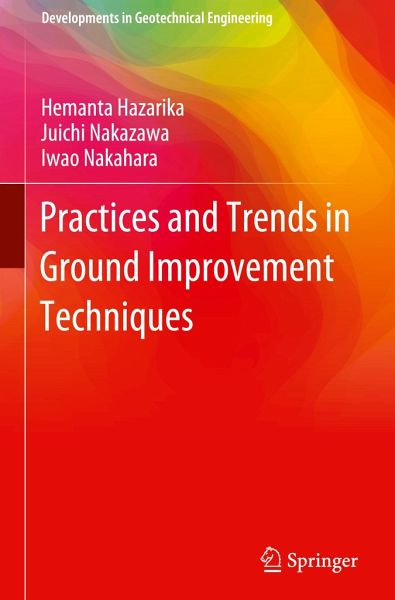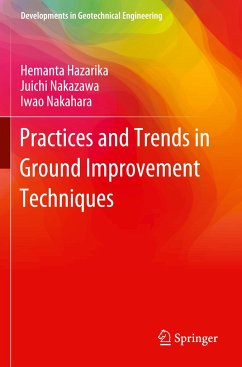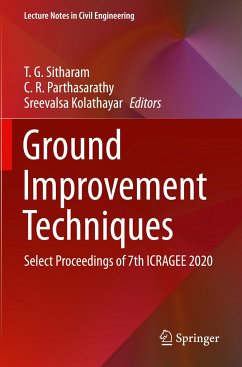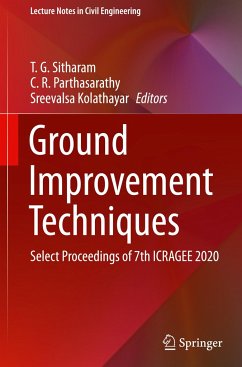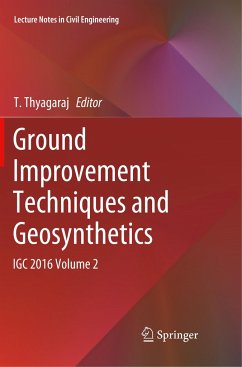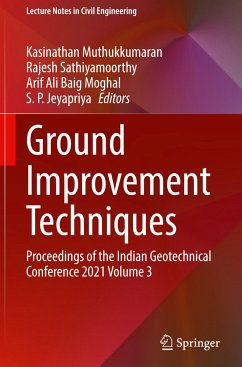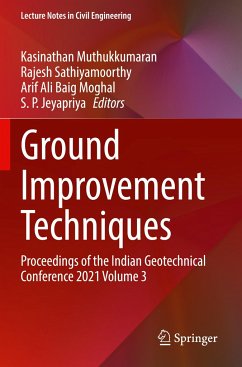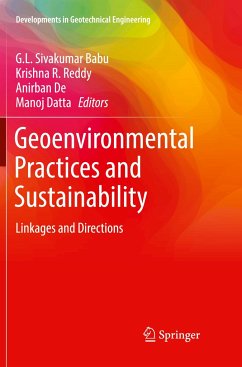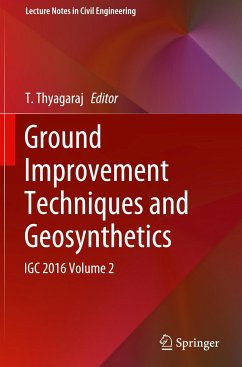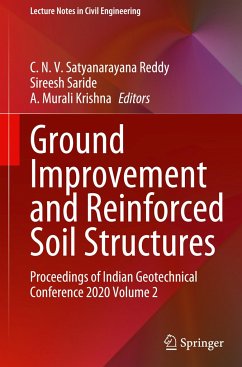Hemanta Hazarika is currently a Professor at the Graduate School of Engineering and Department of Interdisciplinary Science and Innovation, Kyushu University, Fukuoka, Japan. His research activities include disaster prevention and mitigation, stability of soil-structures during earthquakes and tsunami, ground improvement, application of recycled waste and lightweight materials in constructions, and landslides and their mitigations. He has more than 350 technical papers in various international journals, International conferences, workshops and symposia to date. He has also authored two textbooks on Soil Mechanics and their Japanese versions. In addition, he also served as the editor of three technical books on disaster mitigation and waste tire recycling. Prof. Hazarika pioneered the use of waste tire derived recycled materials for earthquake protection of infrastructures and holds two patents on those. Prof. Hazarika has several years of experience in teaching, researchas well as geotechnical practice and consulting both within and outside Japan. He has also successfully led a World Bank project on "Improving the Resilience of Nepal's Strategic Roads Network". Currently he is also the technical advisor of Japan Foundation Engineering Co., Ltd., Tokyo, Japan, and President of GLOSS (Global Smart Geo-Sustainnovation Research Society). Juichi Nakazawa is a currently the technical adviser in Tokyo Engineering Consultants Co. Ltd. Tokyo, Japan. He obtained his Doctor of Engineering degree from Kyoto University in 1982. After graduation, he served as a research associate at Kyoto University for 5 years. He has a wealth of experiences as a geotechnical engineer for about 60 years, including his 30 years of engagement as geotechnical engineers in general construction company, and as researcher in National College of Technology, Maizuru, Japan where he worked as professor until his retirement. He was a member of the International Project Committee (UNESCO), which proposes the preservation method of historical heritages composed of soil and rocks. His 6 research activities include soft ground treatments, stability of soil and rock slopes, foundations by cast in place pile, tunneling for problematic ground and preservation of cultural heritages. He proposed many solutions for ground with geotechnical problems, and those results were presented in more than 150 technical papers that he published. In addition, he served as a part-time lecturer at four universities of Japan, and at the international training center (JICA) with the aim of transmitting his experience to young engineers. He is a licensed Professional Engineer in Japan. Iwao Nakahara is presently the president of Japan Foundation Engineering Co., Ltd., Tokyo, Japan. He obtained his master's degree in marine engineering from Tokai University, Japan in 1976. After his graduation, he worked as technical officer in the same university, during which he wasinvolved in the research related to the mining of marine resources. Since his joining in Japan Foundation Engineering Co., Ltd., Mr. Nakahara has been involved in the development and operationalization of techniques for infrastructure development, ground anchoring, and tunneling reinforcement, etc. For the last fourteen years he has been serving as the president of Japan Anchor Association and has been actively contributing towards standardization and spreading of ground anchoring techniques and their maintenances.
